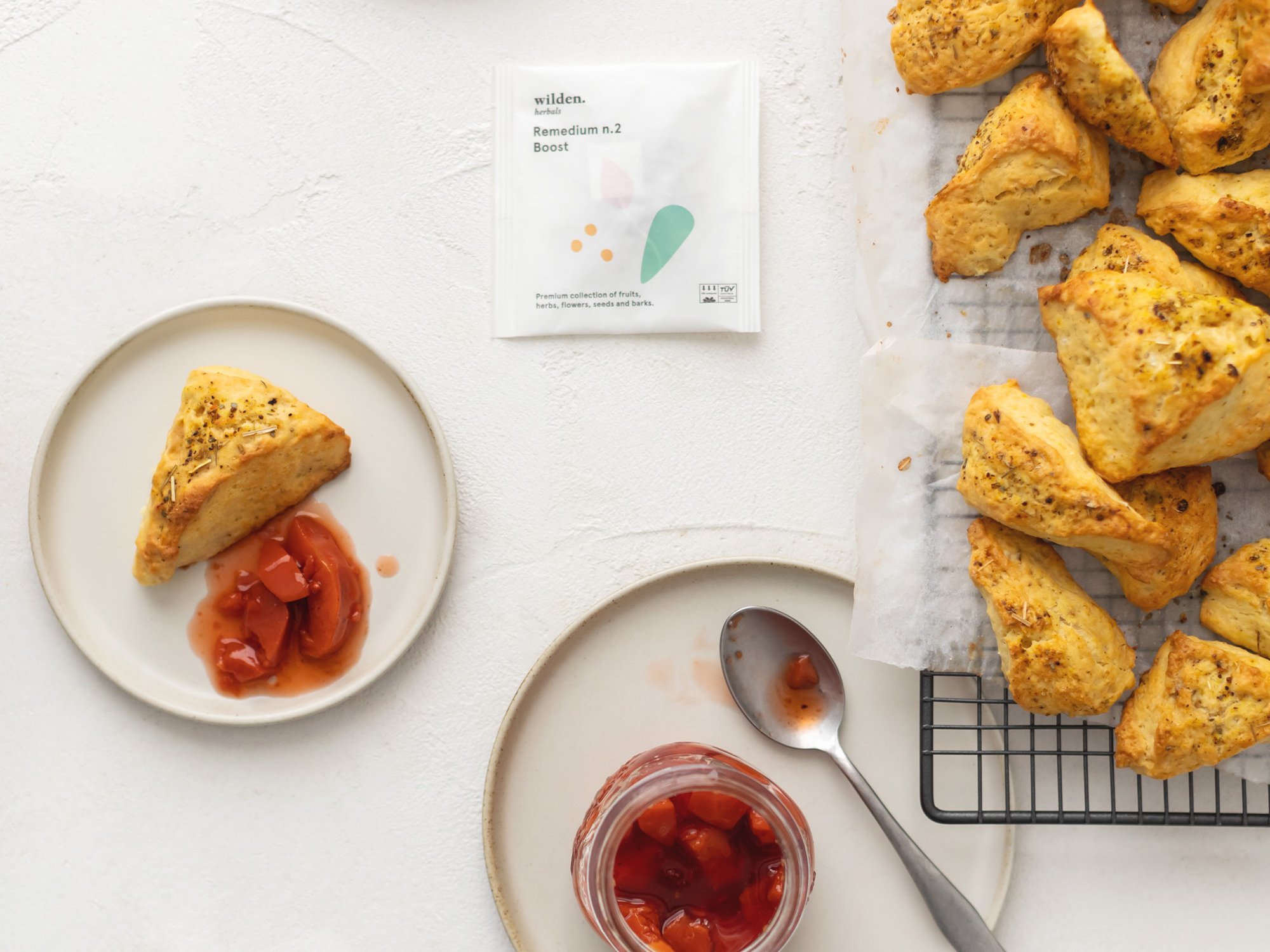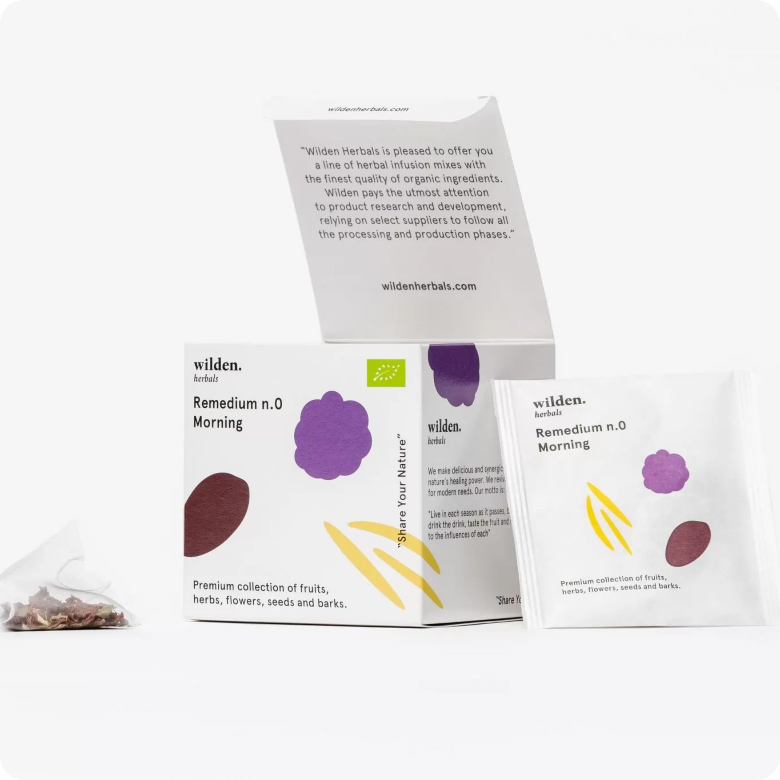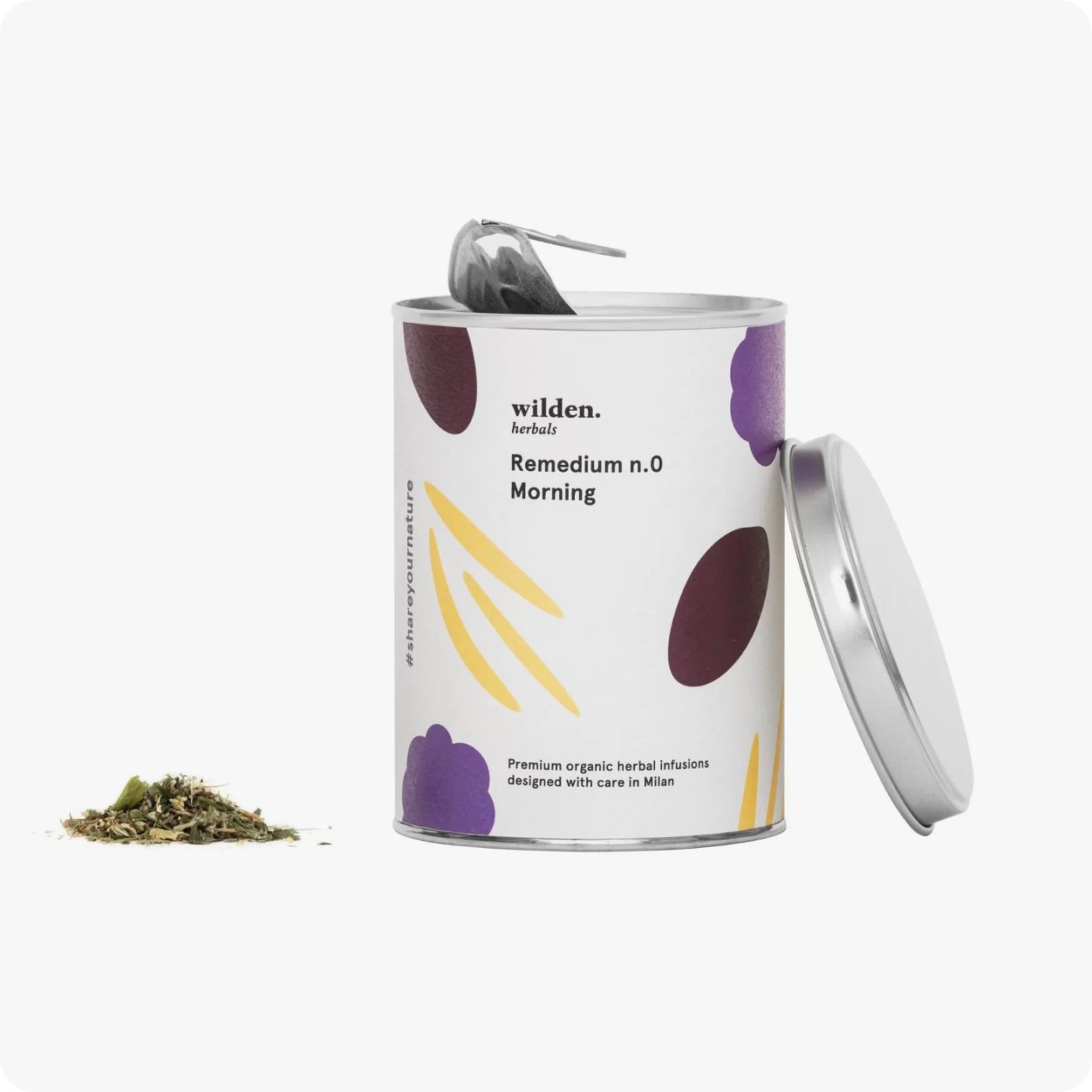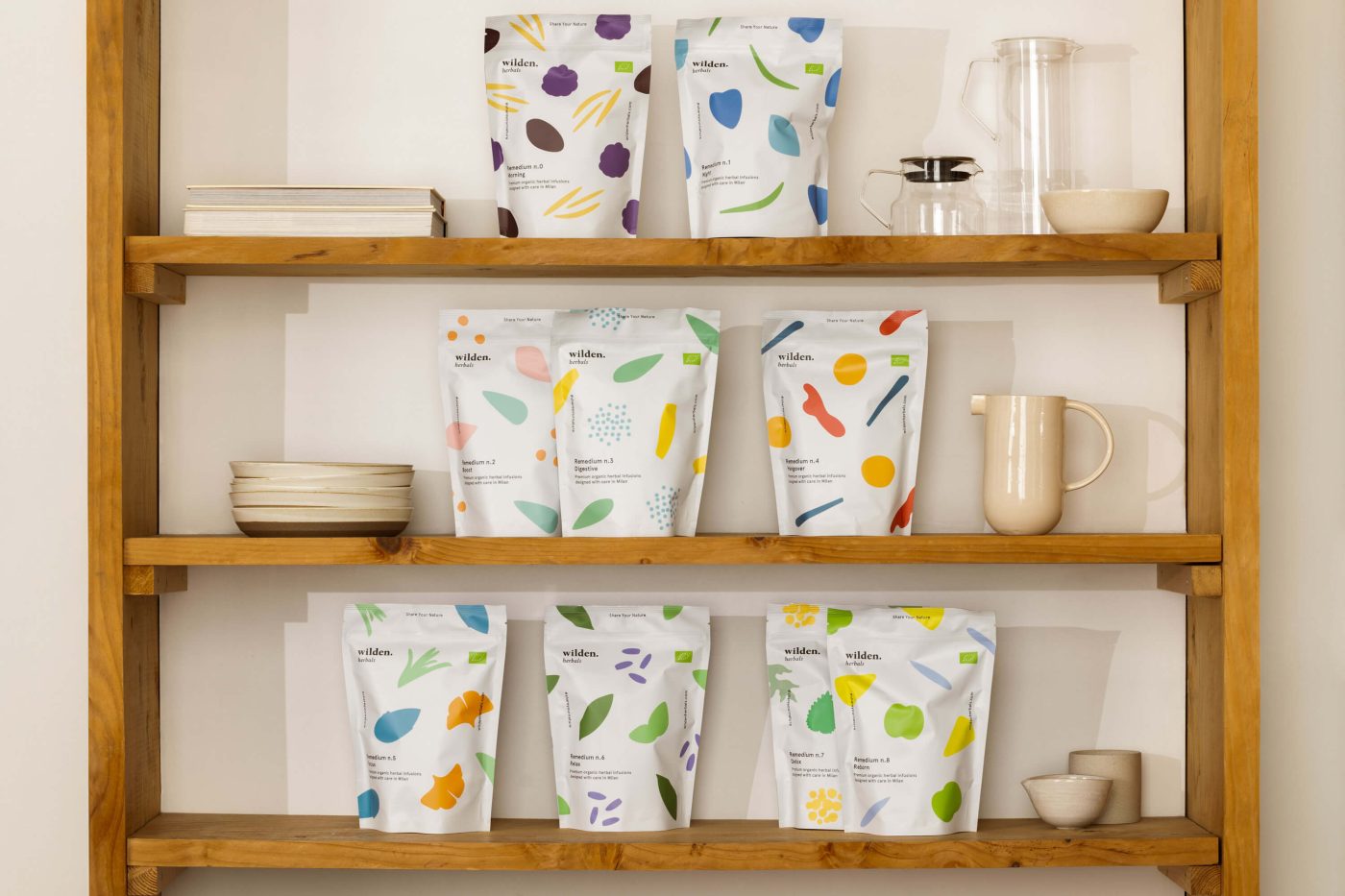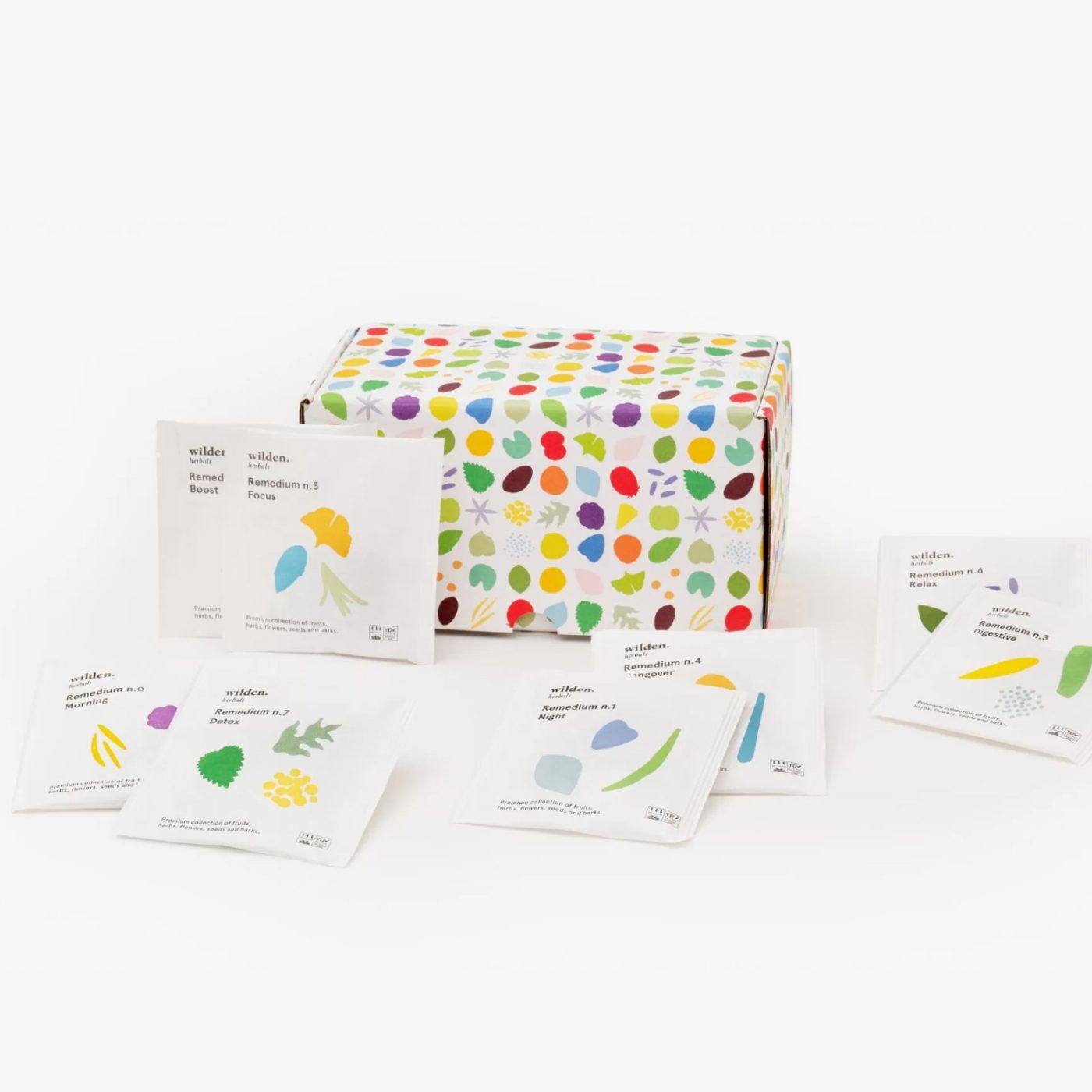Making Wilden: Thun Honeys and the noble art of honey.
Wilden.herbals meets producers and artisans close to the philosophy of wildness and today starts again with honey, an ancient and wonderful ingredient.
Andrea Paternoster of Mieli Thun is a cultural agitator in the most philosophical sense of the word. From his family he inherited birth, ideas and an undying love for beekeeping that over the years he has sublimated with a select team of 10 people. Indispensable building blocks of an integral production chain that starts from the field passing through flowers, bees and honeys. Thun Honeys ‘ production process is distinguished by care, innovation and complete synergy with nature. Its honeys are precious and this is its story.

What is your philosophy?
I think if we had to summarize within one word what we have tried to do over the years it is Synthesis. Synthesis is the analytical result of many elements and therefore Mieli Thun is a story made of plant world, animal world, production care, attention to detail and the beauty and pleasure of the encounter. Beekeeping and ancient craft, of great tradition, at the same time solitary and connected with the world. I followed the bees in their flights, they allowed me to realize my idea of travel, it was also the most beautiful opportunity to express my ideas, creativity. Over time I have tried to emancipate honey, from the role of mere sweetener and health product to be used seasonally to be forgotten during the rest of the year. My idea of honey is much more complex and encapsulates all the beauty of the flower. Whoever tastes a honey enjoys the condensed scent of flowers. This is its value.

What does it mean today to rediscover nature?
In my opinion, beyond the proclamations of which we are all capable, it is above all an exercise in humility and trying to have the necessary respect for a balance that is most fragile. Nature is a system that offends very slowly, that slowly forgives but can do so with great “ferocity.” Rediscovering nature is not so much about having an imaginary, idealized, bucolic idea, it is rather about taking compatible and consistent daily attitudes; it is our small daily actions that allow us to have a better relationship with Mother Earth. We owe it to her, to all other living beings and to the new generations.
Food: a childhood memory
I do not think of a cooked food, but of the fantastic garden that my mother kept near home, so the care of cultivation, the patience of waiting, the picking of fresh vegetables, the laborious cleaning. I love vegetables in all ways, raw or cooked, always a great lover of sweet acid contrast I loved and love to season vegetables with preparations or emulsions where honey, extra virgin olive oil, plenty of vinegar or lemon juice are never missing. Nordic, Mediterranean culture? Maybe just a predilection for freshness.

How does one of your products come about?
Honeys are the result of the work of bees and flowers and often of good fortune, there is always an idea, an effort to find the most suitable places to host bees, when I scout them I turn into a bee and try to see if they are reassuring. Yes, I like the blooms, the soils, the exposure, the rest is just respect for the work done by the bees, the constant attempt to preserve the integral freshness of the scents the bees find in the chalice of a flower. This is the ultimate effort, to alienate and affect as little as possible the miraculous completeness of the work done by bees. On the other hand, when I imagine processed products or preparations, where honey is an ingredient, the main inspiration always comes from my personal taste rather than the consumer’s need, I am selfish. For example, I remember when we produced the first vinegars. I reasoned about how the unexpected could be represented. So instead of foreshadowing a very sweet vinegar, almost a faux balsamic, we produced Rosemary honey vinegar, the first edition had 9.90 total acidity and zero residual sugar, Hattori Hanzo’s Katana in Kill Bill capable of cutting palates, but also refreshing dishes and being used in a curious way by chefs and cooking enthusiasts. So when I think of a new product I cultivate the unexpected.
What does it mean to you to be “Healthy and Wild”?
Two very interesting and very beautiful words, perhaps even little used and for that reason most valuable. To me it means reconnecting with living matter, then with craftsmanship, with awe for all that is essential, with being down-to-earth, with the idea that we can call ourselves gentlemen, that we can appreciate the everyday and above all a recovered relationship with ourselves and with life.


